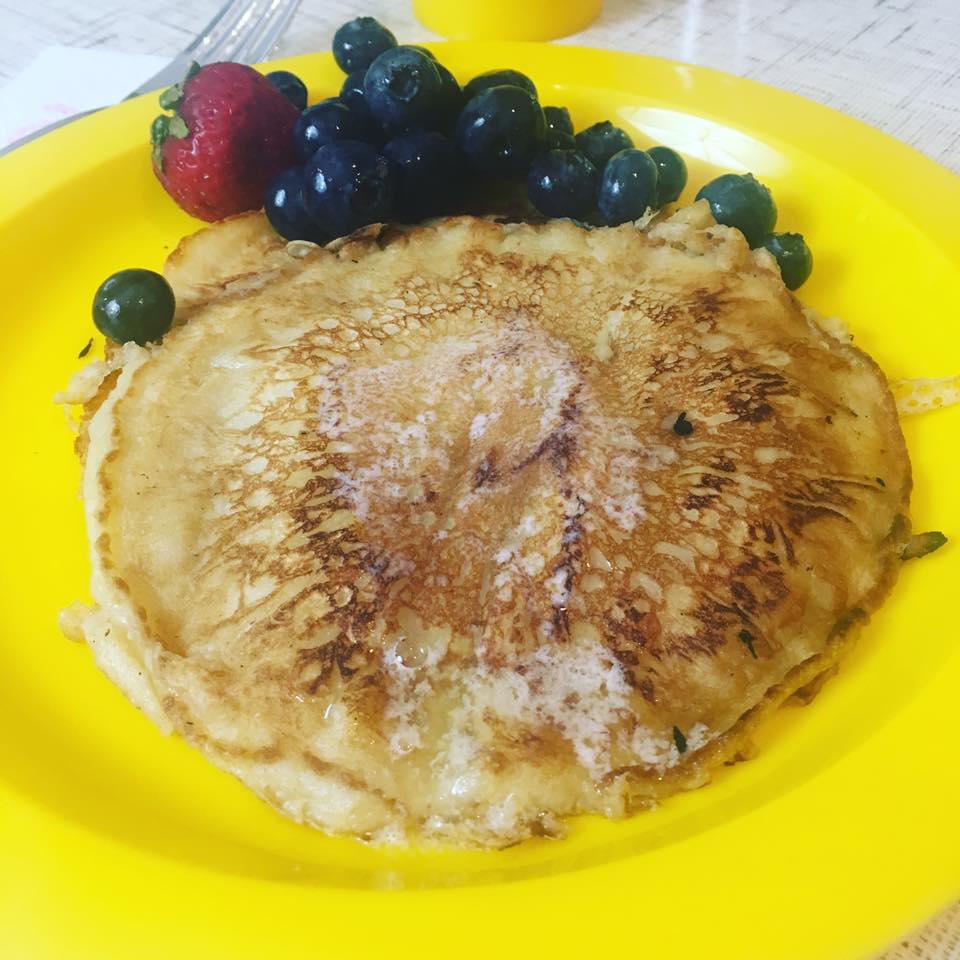
Encouraging Our Girls in Science and Math
Many people I know had a an unfounded fear of math in school. My fear surrounding math was a factor when I changed my major in college from a Business Major to a Health Science Degree so I wouldn’t have to take the higher level math classes. I don’t regret getting my degree in Health Science as I have just completed my Masters in Nutrition. But I do have to wonder if I had a supportive counselor or teacher encourage me – I might have been able to overcome my fear of math.
Stereotypes About Girls and STEM Careers:
There are many stereotypes about girls and STEM (science, technology, engineering, math) careers. Recent studies show that the gender differences in math performance have more to do with culture than aptitude. We see these gender differences in the classroom and culture. For example, Mattel Toy Company showed some gender bias with a Barbie they put out in the 1990’s that exclaimed, “Math is hard.” And President Barack Obama’s former top economic advisor, Lawrence Summers, then president of Harvard University, stated at an event in 2005 that males are intrinsically smarter than females in science and engineering. (Source: www.livescience.com). I did mention this was said in 2005 and not 1950!
According to the National Science Foundation (NSF) Research on Gender in Science and Engineering (GSE) program they have found that in elementary school girls have about the same positive attitude towards science that boys do. In fact, a study conducted with fourth graders showed that 66 percent of girls and 68 percent of boys stated that they liked science. But something happens along the way because by the time these children reach 8th grade, boys are twice as likely to be interested in STEM (science, technology, engineering, math) careers. (Source: www.livescience.com).
Parents and Teachers Play a Big Role:
So how do we as parents encourage our girls to like and even enjoy math and science? According to NSF Research, they state that parents’ and teacher support goes a long way in a girl’s interest in science, technology, engineering and math. By talking to girls about what careers are available in science and engineering and the importance of these careers in our society, just might encourage more young girls to choose careers in these male-dominated fields. According to NSF, “One of the most effective interventions to help young women choose and sustain a STEM educational path and subsequent STEM career is mentoring.” (Source: www.livescience.com).
According to studies by Carol Dweck,, professor of psychology at Stanford, how we praise our kids when they are facing challenging tasks has a of influence on girls especially. Professor Dweck’s research focuses on what makes people seek challenging tasks, persist through difficulty and do well over time, and has shown that many girls believe their abilities are fixed, that individuals are born with gifts and can’t change. Her research finds that when girls think this way, they often give up, rather than persisting through difficulties. They don’t think they possess the ability to improve, and nowhere is the phenomenon stronger than in math.
“Of all the subjects on earth, people think math is the most fixed,” Dweck said. “It’s a gift, you either have it or you don’t. And that it’s most indicative of your intelligence.” Personally, I had this in my head that I just wasn’t very good at math and dreaded taking those classes throughout college. This attitude presents a problem for educators working to boost girls’ interest and passion for science, technology, engineering and math – STEM subjects. For many boys, believing math is a fixed ability doesn’t hamper achievement — they just assume they have it, Dweck said. But girls don’t seem to possess that same confidence, and in their efforts to achieve perfection, Dweck’s research shows they shy away from subjects where they might fail.”(Source: Mind/Shift. How We Learn).
Praise Resilience to Move Past Frustration:
The research conducted by Professor Dweck helps parents and educators rethink what messages are being sent to young girls about achievement. One of the points she makes in her research is that if adults and educators emphasize that all skills are learned through a process of engagement, and to value challenge and praise efforts to move past frustration rather than only showing excitement over the right answer, girls will show resilience. It also might help to provide a roadmap to correct the gender imbalance that already exists in fields requiring math and science, jobs that often involve setbacks, “failing,” and overcoming challenges.
Some ways to encourage an appreciation are to do science projects together. There are many online resources that have age-appropriate projects you can do together such as this one that provides free science fair projects and ideas for students: https://www.sciencebuddies.org/science-fair-projects/Intro-Math.shtml
My daughter’s favorite birthday present last year was a science project kit that teaches children how to make science projects out of things you find in a kitchen and house. In fact, as I write this post I am looking at her rock candy project she made out of water, sugar, a pencil, some ribbon and a glass that is sitting next to my computer crystallizing. Here’s to nurturing the potential scientist or mathematician within – who knows what all she can accomplish!
What are some things you do to encourage a love of science and math?
References:
Girls Get Math: It’s Culture That’s Skewed by Jeanna Bryner June 2009. Posted in www.livescience.com
Mind Shift: How We Learn: Giving Good Praise to Girls: What Messages Stick by Katrina Schwartz. April 24, 2013.
https://blogs.kqed.org/mindshift/2013/04/giving-good-praise-to-girls-what-messages-stick/
Photo courtesy of Flickr: https://www.flickr.com/photos/wwworks/3597217248/sizes/z/in/photostream/
Photo (top) courtesy of Flickr: https://www.flickr.com/photos/73989266@N04/6670530023/sizes/z/in/photostream/
0




